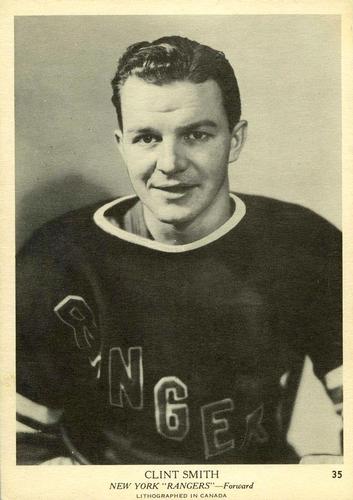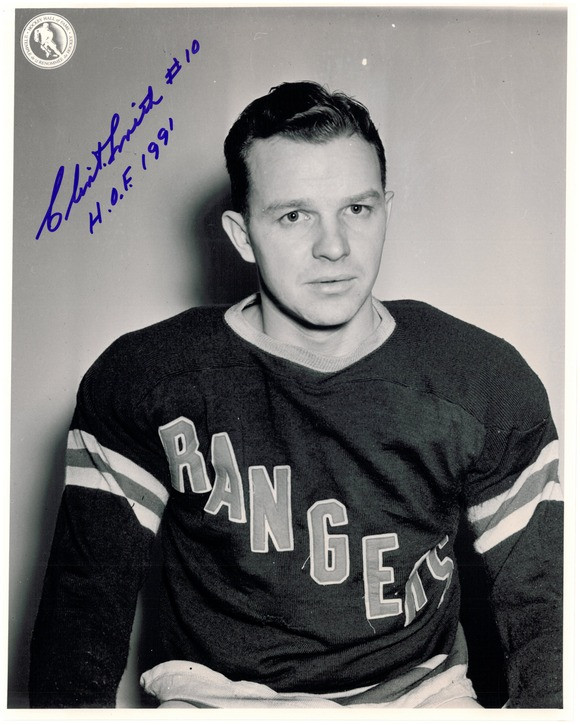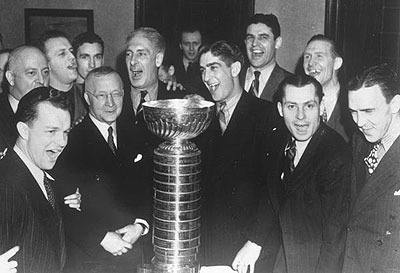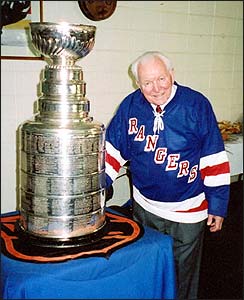If this is what Teixeira is like in 2009, then we should have done whatever it took to get him after the collapse of 2004, by which point it was clear that Jason Giambi was not going to be what he had been, and Tex had already hit 64 home runs with 196 RBIs. He played every game in 2005 and led the AL in total bases. He played every game in 2006, too -- durability the Yankees haven't gotten from a first baseman since before Donnie Regular Season Baseball hurt his back. His rookie-year OPS was 811 and hasn't fallen below 50 points above that since.
I switched on the radio when I got home last night, and John Sterling mentioned that the Yankees got home from Cleveland at 2:30 in the morning the previous night, and said they must be jet-lagged, because they'd only scored 12 runs.
Hey, if it means the Yankees can score 12 runs on what appears to be a good Texas team, fly me to Cleveland and back, landing at 2:30 AM!
That's 16 out of 20. The Yankees are playing some sick baseball. Speaking of sick, how the Mets doing?
*
It's been a while since I updated this blog. In the interim, an era was fully closed when the last member of the 1940 Stanley Cup Champion New York Rangers died, 69 years later.
Clinton James Smith was born on December 12, 1913 in Assiniboia, Saskatchewan, Canada. Nicknamed Clint and, for a comic strip character, Snuffy Smith, he debuted with the Rangers near the end of the 1936-37 season, and became a regular thereafter.
A center, he usually wore Number 10. In 1939, Smith won the Lady Byng Trophy as the NHL's "most gentlemanly player." Seriously, a Ranger won the Lady Byng. It was a different time.
That the Rangers were capable of winning the Stanley Cup also marks it as a different time. They won it in 1928 and 1933, and reached the Finals in 1929, 1932 and 1937. In 1940, they beat the Boston Bruins in the Semifinals and the Toronto Maple Leafs in the Finals to win the Cup, taking both series 4 games to 2.
The Rangers celebrate their 1940 Stanley Cup win.
Clint Smith is at the far left. Lester Patrick is behind the bowl.
The trophy got its current shape in 1948.
Lester Patrick, the team's 1st general manager, still held that role. He had been succeeded as head coach by Frank Boucher, the biggest star player on the '28 and '33 Cups. Patrick's sons Lynn and Murray, a.k.a. Muzz, were on the team. Another pair of brothers on the team was Neil and Mac Colville. And Bryan Hextall, who scored the clinching goal, started a hockey dynasty that included his sons Bryan and Dennis, and the younger Bryan's son Ron.
Goaltender Dave Kerr won the Vezina Trophy. Left wing Kilby MacDonald won Rookie of the Year, which was renamed the Calder Memorial Trophy after the 1943 death of Frank Calder, the 1st President of the NHL. Smith, Lester and Lynn Patrick, Boucher, Hextall, Walter "Babe" Pratt and team Captain Art Coulter all made the Hockey Hall of Fame.
Lester Patrick died in 1960, Kerr in 1978, Lynn Patrick and Ehrhardt "Ott" Heller in 1980, Hextall in 1984, MacDonald in 1986, Neil Colville in 1987, Muzz Patrick and Pratt in 1988, Phil Watson in 1991, Coulter in 2000, Mac Colville in 2003, Alex Shibicky and Wilbert "Dutch" Hiller in 2005, Stan Smith in 2007, and Alf Pike this past March 1, leaving Clint Smith (no relation) as the last survivor.
Clint remained with the Rangers until 1943, and was traded to the Chicago Blackhawks, with whom he won another Lady Byng and reached another Stanley Cup Finals in 1944. He was named the Hawks' Captain in the 1944-45 season, although he gave up the C when John Mariucci returned from World War II.
For 10 years, from the Autumn of 1937 to the Spring of 1947, he hardly missed a game, including playing through The War, since he was never called up to serve his country, Canada, or the British Empire. He scored 161 goals in his 10 full NHL season.
In 1947-48, he was a player-coach for the minor-league Tulsa Oilers, and was named Most Valuable Player of the United States Hockey League; from 1948 to 1951, for the St. Paul Saints (named for the minor-league baseball team of the same name); and in 1951-52, for the Cincinnati Mohawks, although he only played 2 games for them at age 38, and retired.
Earlier this year, the book 100 Ranger Greats was published. Smith was ranked Number 35, despite last playing for the team 66 years earlier, before the television era, and well before the era of preserved videotape.
Clint Smith, posing with the Stanley Cup in 1994
Clint Smith retired to Vancouver, where he was involved in hockey at all levels, and died there on May 19, 2009. He was 95 years old, the oldest former NHL player.





No comments:
Post a Comment